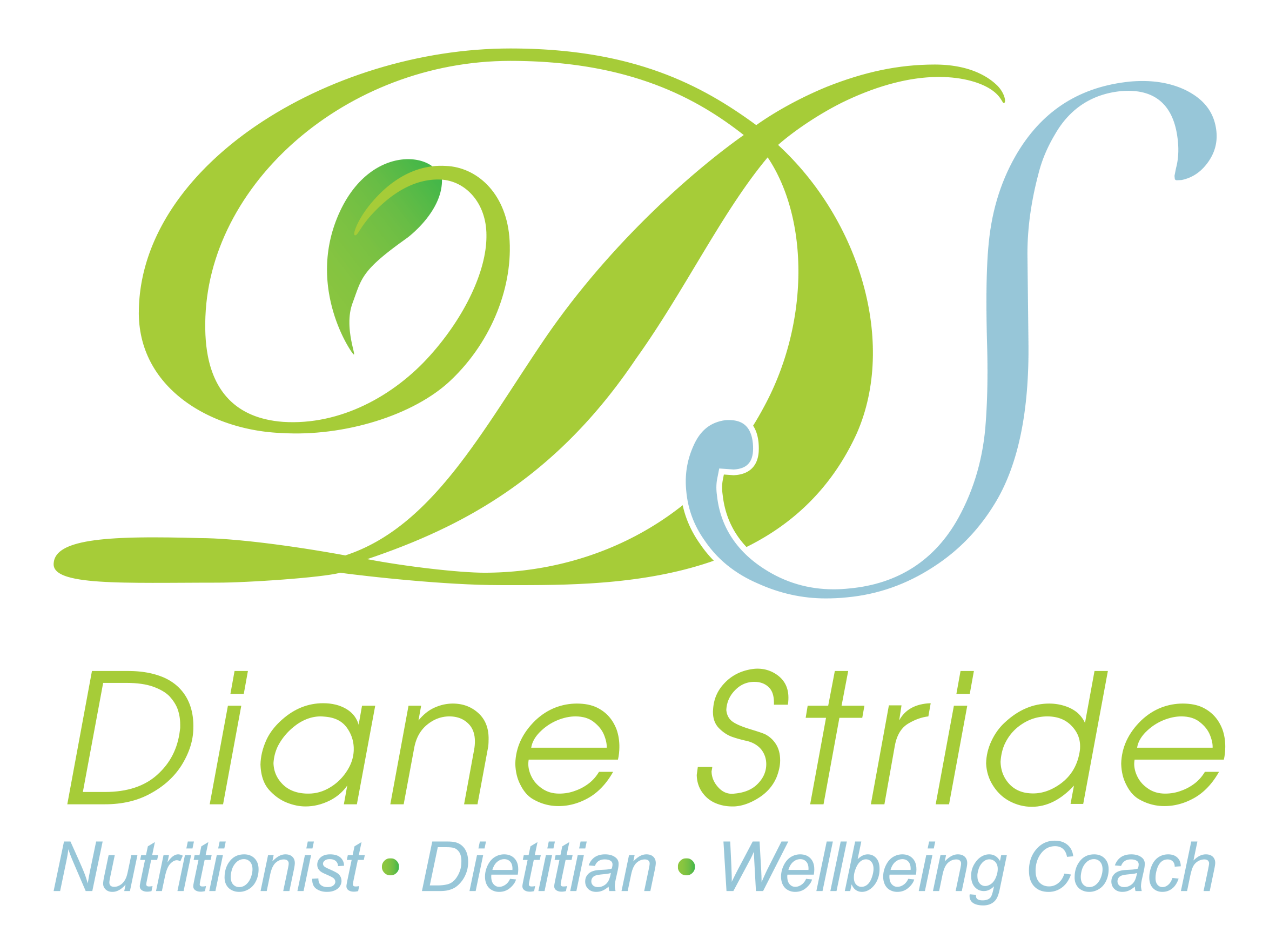Endometriosis
Endometriosis is a condition that can occur following a woman’s first menstrual period. It affects 1 in 10 women and girls of reproductive age worldwide. That equates to more than 176 million women across all nations, cultures and ethnicities suffering from this condition. In fact, the actual number suffering from endometriosis may be higher, as many women go without their condition being diagnosed for years.
Symptoms of Endometriosis:
- Dysmenorrhoea
- Pain with periods, often the most common symptom.
- Bowel Problems
- Symptoms such as bloating, diarrhoea, constipation, pain with bowel movements and wind.
- Sometimes diagnosed as Irritable Bowel Syndrome.
- Dyspareunia
- Painful intercourse.
- Dysuria
- Painful urination.
- Sub-fertility or Infertility Tiredness and Low Energy Back Pain/Other Pain
- During ovulation or intermittently throughout the month.
- Premenstrual Syndrome (PMS)
- Moodiness, feeling emotional or irritability.
- Period discomfort is often normal. Distress is not.
- Heavy or Irregular Menstrual Bleeding
- Bladder Trouble such as Interstitial Cystitis (IC)
Stages of Endometriosis:
Endometriosis is classified worldwide according to stages / grades:
Mild or Stage/Grade I Endometriosis
Small patches, surface lesions, or inflammation on or around organs in the pelvic cavity.
Moderate or Stage/Grade II or III Endometriosis
Often more widespread and starting to infiltrate pelvic organs, peritoneum (pelvic side walls) or other structures. Sometimes also scarring and adhesions.
Severe or Stage/Grade IV Endometriosis
Infiltrative and affecting many pelvic organs and ovaries, often with distortion of the anatomy and adhesions.
The extent of Endometriosis does not necessarily relate to the level of symptoms. For example, some women may have significant symptoms, despite only having Stage/Grade I Endometriosis.
Dietary Modification and Endometriosis
Diet can significantly help reduce the symptoms of Endometriosis in many women by up to 50%.
Through diet modification, Endometriosis symptoms can be improved by:
- Reducing pain, cramps and inflammation
- Minimising bloating
- Balancing out hormones
- Reducing the spread of the disease
- Increasing energy and overall health
- Boosting the immune system.
The main goal of dietary modification is to reduce the excess of circulating oestrogen, which plays a key role in the development of Endometriosis. Dietary modification also aims to minimise the inflammation that occurs at the site of the endometrial implants.
Find out more about how I can help you manage Endometriosis, or book a 1 on 1 consultation today.
Related Services
Weight Management and emotional eating
You may feel like food is dominating your life and you need to take back control. Or perhaps you’re tired of constantly planning the next diet. Maybe you struggle with your weight but you can’t commit to making a change. Or perhaps you just long to enjoy a family meal without putting all your focus into what’s on your plate.
service 2
Your content goes here. Edit or remove this text inline or in the module Content settings. You can also style every aspect of this content in the module Design settings and even apply custom CSS to this text in the module Advanced settings.
Learn more
service 3
Your content goes here. Edit or remove this text inline or in the module Content settings. You can also style every aspect of this content in the module Design settings and even apply custom CSS to this text in the module Advanced settings.
Learn more
Latest News
Stay up to date with news from Diane Stride
Tips to Maintain your Nutritional and Wellbeing Needs through the Coronavirus Pandemic
It’s an unprecedented event in our lifetime – the outbreak of the novel Coronavirus has caused worldwide panic, travel bans, human isolation and general mayhem.
Intermittent Fasting: To do or not to do?
Skipping meals means that you miss out on a unique opportunity to boosting your muscle mass. Over a 24 hour period, your muscles are constantly changing – either building up or breaking down.
Spiced Christmas Biscuits
Christmas is a time for fun. These Christmas biscuits are simple to make and of course the icing on top gives it an extra bonus, but they are delicious plain too.
Your wellbeing: Prebiotics versus Probiotics
Prebiotics are substances used by the bacteria in your gut to feed on. More and more evidence is showing the benefit of these bacteria – they support your immune system.
IBS – What you need to know
IBS affects 1 in 7 people, but many people don’t realise it, as it is not a subject we tend to talk about, so we may not know that symptoms we experience are not normal.
Easter is here
Easter is nearly upon us and those tempting glossy eggs are popping up everywhere.







